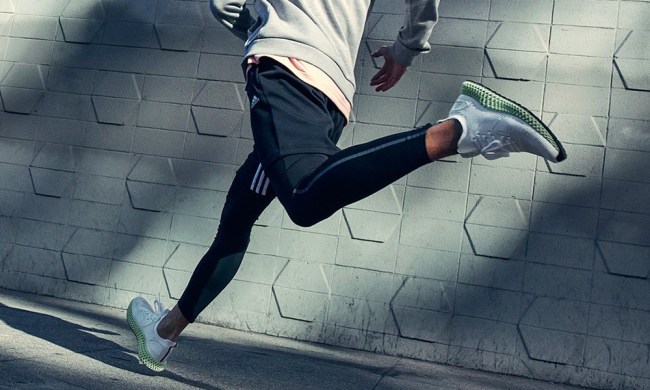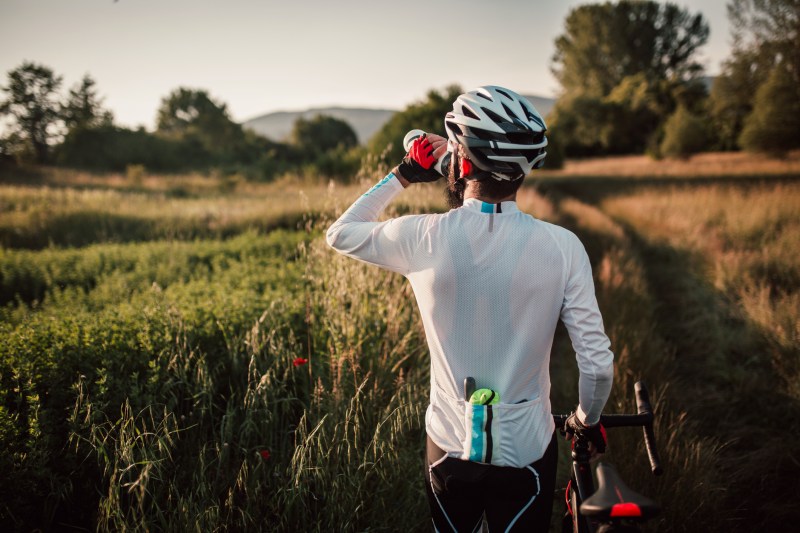
Most cyclists are on the road riding for at least 1 to 3 hours, which qualifies cycling as an endurance sport. Research suggests that athletes that are exercising for more than one hour should rehydrate with fluids that contain electrolytes and carbohydrates, rather than just water. The carbohydrate and sodium not only replace the carbohydrates that you’ve burned and the salt that you’ve lost in sweat but also help the body to absorb water from your gut.
Related Guides
After a long ride, you want to replenish with more water, sodium, and carbohydrates than you sweat out during your ride. Choose a beverage that is similar in electrolyte composition to your during workout beverage. However, you will want to replenish one and a half times what you lost during your workout. This should be then followed by a more substantial post-workout meal or snack that contains electrolytes, carbohydrates, protein, and fats.
There are lots of electrolyte mixes and tablets on the market, but most are too low in carbohydrates or sodium for long-distance cyclists. That’s why we curated a list of our favorite electrolyte mixes that actually work for long-distance cycling.
The Best Electrolyte Mixes for a Long-Distance Ride:
High 5 Energy Source
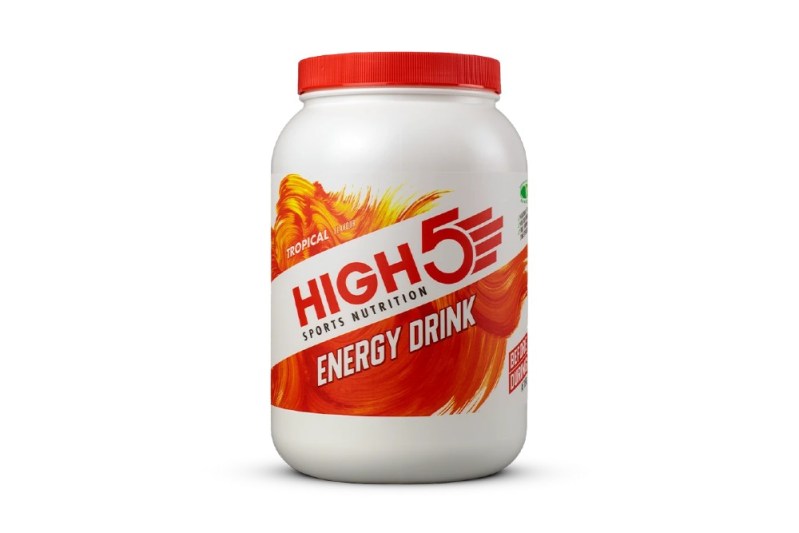
A high carbohydrate drink means maximized energy. The High 5 Energy Source will give you the drive to cycle far distances and to top it all off, it has a delicious fruity taste.
Science in Sport GO Electrolyte Drink
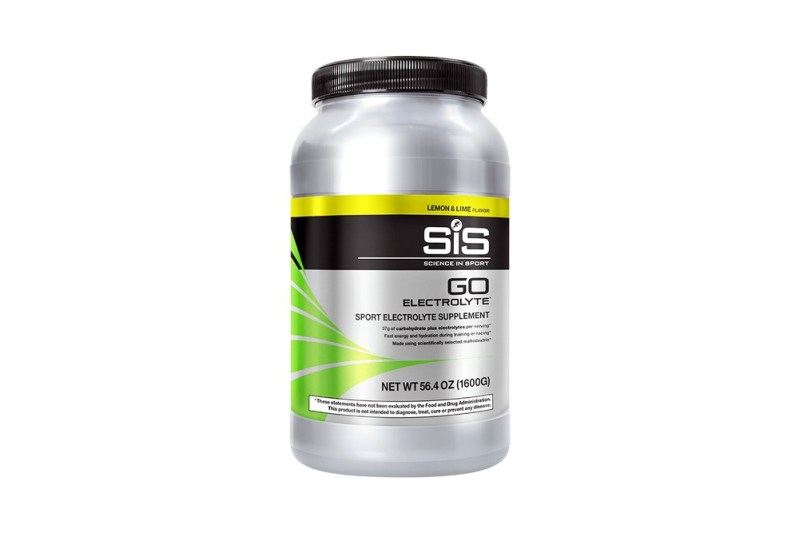
Give yourself a much-needed energy boost with this electrolyte powder packed with nutrients. This is the fast-acting fuel you’ll need whether you’re cycling or running a long distance.
The Best Electrolyte Mixes for an Easy Ride:
Torq Hydration Electrolyte Drink
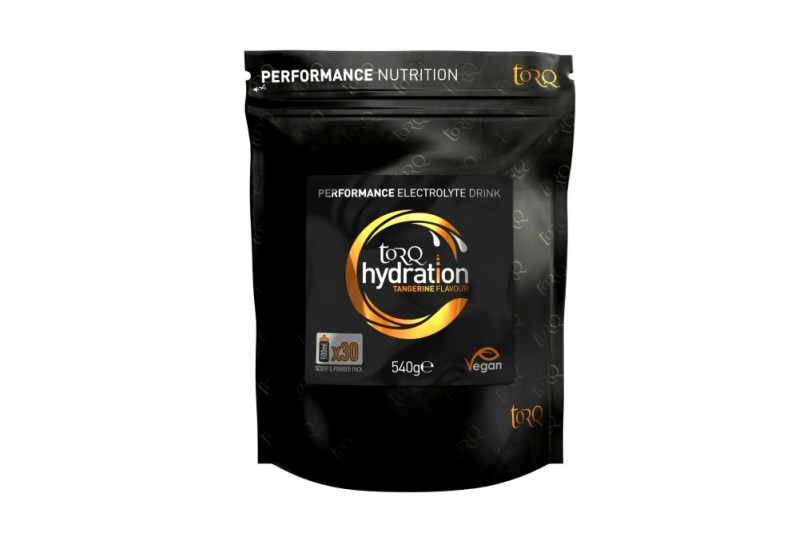
This is a good option if you are more of a recreational rider than a competitive one or for your easy rides. This drink mix contains five key electrolytes for faster hydration and more energy.
Skratch Sport Hydration Drink Mix

For an organic yet effective mix, this sports hydration drink by Skratch Labs is the ideal choice. You can maximize your cycling activity with this drink mix specially created for athletes.
How Much Should You Drink After A Long-Distance Ride?
The amount of water, electrolytes, and carbohydrates that an individual athlete will need varies greatly from person to person. Some people release around 1 liter (4 cups) of sweat per hour during exercise. Some people sweat less than this. Some people sweat up to 3 liters (12 cups) per hour under similar conditions. Likewise, people can tolerate different amounts of fluid, electrolytes, and carbohydrates before, during, and after exercise just depending on how an individual’s gastrointestinal system works and what one is used to.
Either way, proper hydration before, during, and after exercise can have a significant impact on endurance performance.
Keep in mind when making an electrolyte solution with your chosen electrolyte powder that overhydration is as harmful to your body and performance as dehydration. Overhydration can happen if you are drinking too much water without electrolytes and carbohydrates.
The most important nutrients for rehydration are sodium, glucose, and water. While all electrolytes (sodium, potassium, magnesium, chloride) are important for hydration and neuromuscular function in general, research indicates that sodium is the most important and the only necessary electrolyte to consume during and immediately after endurance exercise.
According to research, cyclists should be hydrated before their ride. “If at least 8 to 12 hours have passed since the last exercise session and fluid consumption is sufficient, the individual should be close to a euhydrated state,” according to the National Strength and Conditioning Association.
During and after a ride, cyclists should be rehydrating according to how much sweat they have lost. Because this is hard to measure, we came up with what the average long-distance cyclist might need during and after a ride.
During a long ride, the average long-distance cyclist should rehydrate with:
- Sodium – 175 to 200 mg per cup of water
- Carbohydrates (with varied types of sugar – glucose, fructose, sucrose, dextrose) – 15 to 30 grams of carbohydrates per cup
A water-based solution containing the above nutrients should be consumed at 2-4 cups per hour during , on average.



